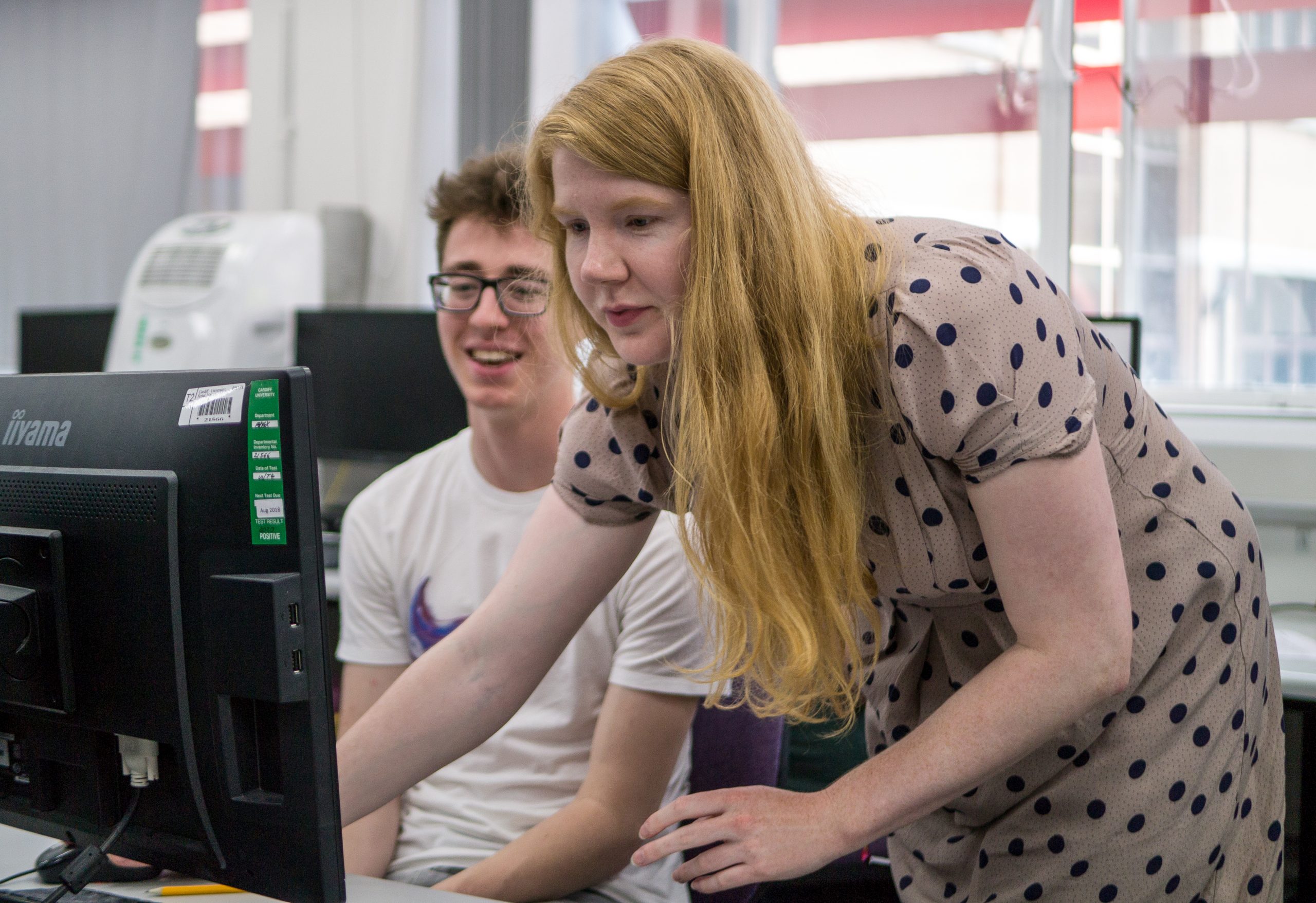Posted on 1 March 2022 by Chris North
Back in September 2020, the new broke that an unexpected gas, phosphine had been discovered in the atmosphere of Venus. While plans for making further measurements are progressing, the theoreticians have been hard at work modelling the atmosphere, and trying to explain how life could possibly exist in such a harsh environment Dr William Bains,
Read more










